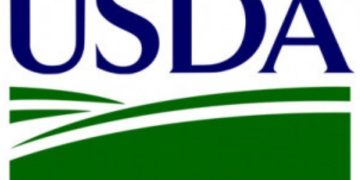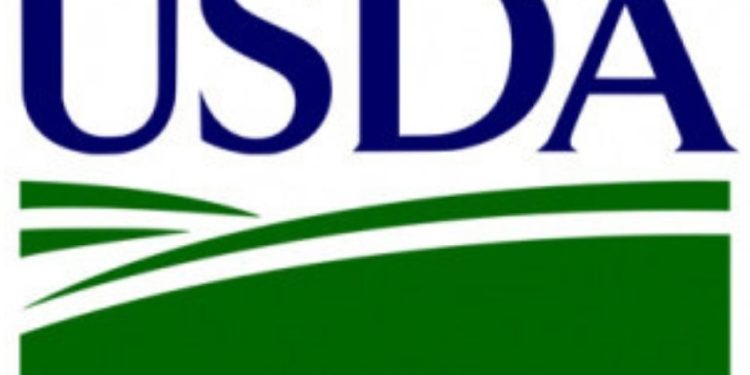USDA will provide a new financing option to help farmers purchase portable storage and handling equipment. Farm Service Agency (FSA) Administrator Val Dolcini and Agricultural Marketing Service (AMS) Administrator Elanor Starmer announced changes to the Farm Storage Facility Loan (FSFL) program during a local and regional food roundtable in Columbus, Ohio.
The loans, which now include a smaller microloan option with lower down payments, are designed to help producers, including new, small and mid-sized producers, grow their businesses and markets, the agency said.
The program also offers a new “microloan” option, which allows applicants seeking less than $50,000 to qualify for a reduced down payment of five percent and no requirement to provide three years of production history. Farms and ranches of all sizes are eligible.
The microloan option is expected to be of particular benefit to smaller farms and ranches, and specialty crop producers who may not have access to commercial storage or on-farm storage after harvest. These producers can invest in equipment like conveyers, scales or refrigeration units and trucks that can store commodities before delivering them to markets. Producers do not need to demonstrate the lack of commercial credit availability to apply.
“Growing high-value crops for local and regional markets is a common entry point for new farmers,” Starmer said. “Since they often rent land and have to transport perishable commodities, a loan that can cover mobile coolers or even refrigerated trucks fills an important gap. These producers in turn supply the growing number of food hubs, farmers markets or stores and restaurants interested in sourcing local food.”
Earlier this year, FSA expanded the list of commodities eligible for Farm Storage Facility Loan. Eligible commodities now include aquaculture; floriculture; fruits (including nuts) and vegetables; corn, grain sorghum, rice, oilseeds, oats, wheat, triticale, spelt, buckwheat, lentils, chickpeas, dry peas, sugar, peanuts, barley, rye, hay, honey, hops, maple sap, unprocessed meat and poultry, eggs, milk, cheese, butter, yogurt and renewable biomass.
FSFL microloans can also be used to finance wash and pack equipment used post-harvest, before a commodity is placed in cold storage.































